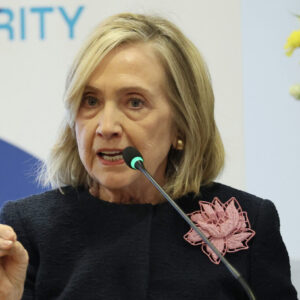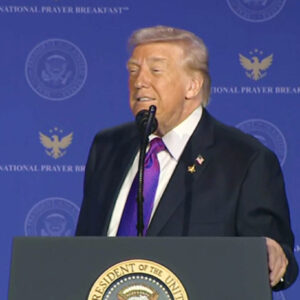
A bipartisan group of lawmakers has introduced a new resolution aimed at preventing unilateral military involvement overseas without formal legislative approval. The proposal comes in response to recent global tensions and seeks to ensure that any future military action receives proper debate and authorization from the legislative branch.
The resolution emphasizes the constitutional principle that only the legislature has the power to declare war. Supporters argue that this safeguard is essential to prevent the country from being drawn into international conflicts without clear national consensus and strategic planning.
Recent developments in a volatile region have raised concerns about a potential escalation involving U.S. forces. While no official deployment has been confirmed, the presence of U.S. military assets in international zones and growing diplomatic unrest have sparked alarm among lawmakers who believe Congress must reassert its authority over war-making decisions.
“This is about ensuring the voice of the people is heard before sending troops into conflict,” one lawmaker stated during a press briefing. The resolution seeks to require any future military engagement in foreign disputes to be subject to a vote in the legislature, unless an immediate national threat is declared.
Analysts view this move as part of a broader effort to rebalance executive and legislative powers in foreign policy. In recent years, concerns have grown over the executive branch’s increasing use of military force without prior approval, often citing security emergencies or international agreements.
The resolution is expected to face challenges, particularly regarding timing and political consensus. However, it reflects growing sentiment across party lines that war decisions should not rest solely in the hands of a few officials.
Supporters of the measure hope it will act as a deterrent against hasty military engagement and help shift focus toward diplomatic and strategic alternatives. By restoring the role of the legislature in decisions of war and peace, they argue the country will be better protected from unintended long-term involvement in complex global conflicts.
The debate surrounding this resolution is ongoing, but it highlights a renewed interest in safeguarding democratic checks and balances during times of international uncertainty.





